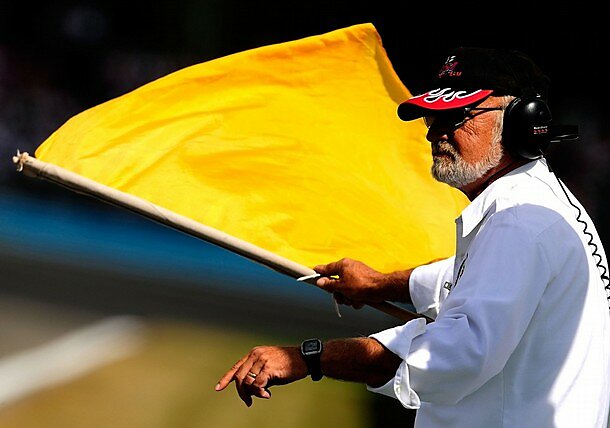With the first round of the so-called “Race to the Top” having produced just two winning states — and those states appearing to have won primarily because they were able to get teachers’ unions to sign onto their reform proposals — there seems to be a growing backlash against RTTT.
For one thing, several states are not applying for the second round of RTTT grants. Apparently, many just don’t think jumping through all the RTTT hoops is worth it, especially when, as a welcome new Economic Policy Institute briefing paper illustrates, who wins and who loses is pretty arbitrary.
Perhaps the more interesting new ojection to RTTT, though, is that it is, frankly, illegal. So writes the Brookings Institutions’ Grover J. “Russ” Whitehurst, who asserts that nowhere in the “stimulus” legislation authorizing RTTT does it say that the U.S. Secretary of Education can award money based on states doing things he prescribes. No, the authorizing legislation, according to Whitehurst, says that the money must go to states that have already made significant reform progress.
None of this, importantly, gets at the main problem with RTTT (in addition to its unconstitutionality): That there is just no good reason to believe that it will lead to any meaningful, lasting reform. Still, the crescendoing drumbeat against what so far has been the crown jewel of the Obama administration’s education policy is a good sign. More people, it seems, are realizing that the administration talks a great game about reform, but delivers quite the opposite.
Of course, hope still springs eternal for some folks.

